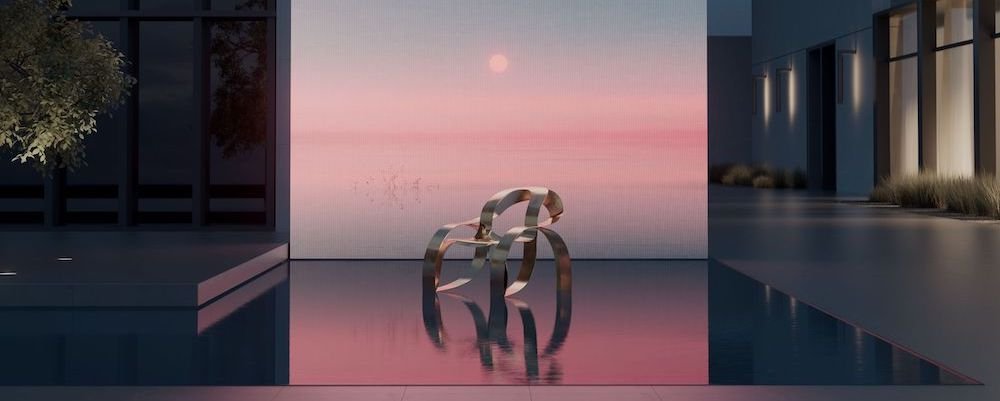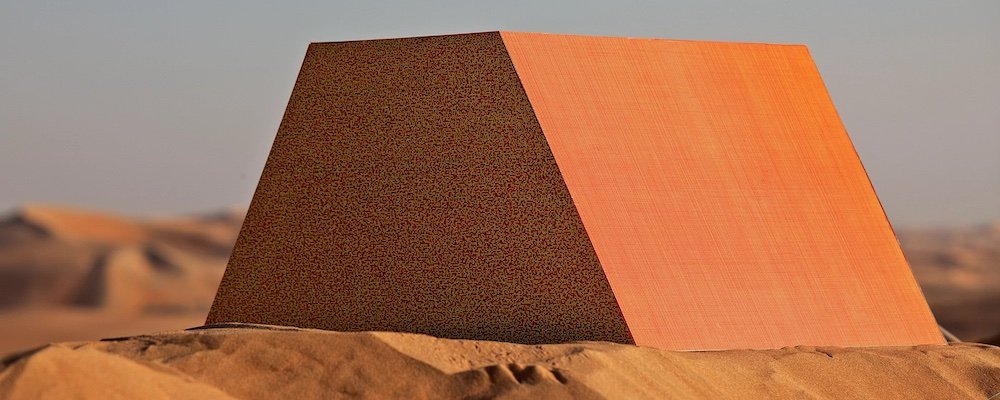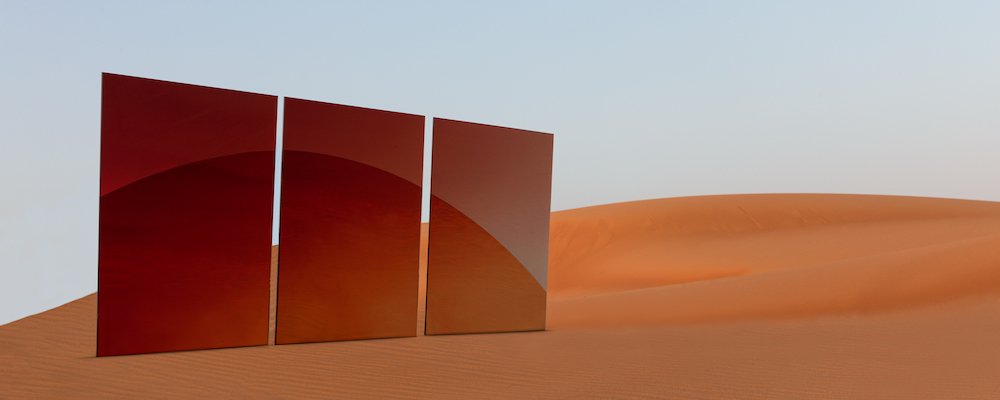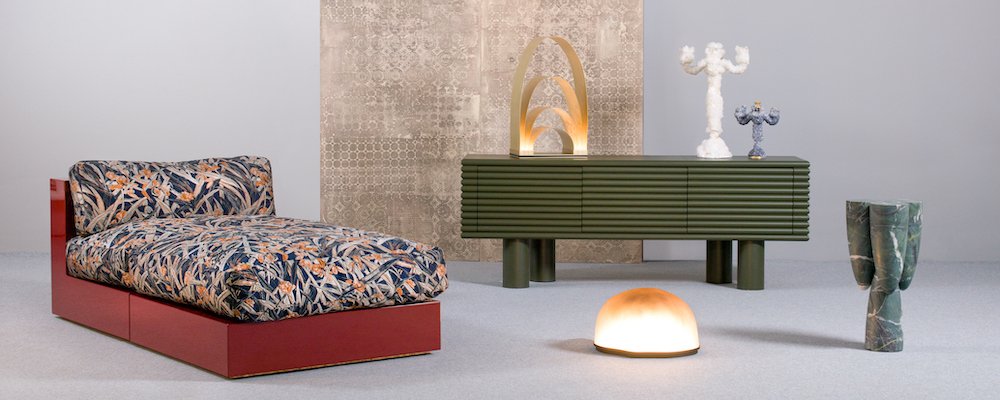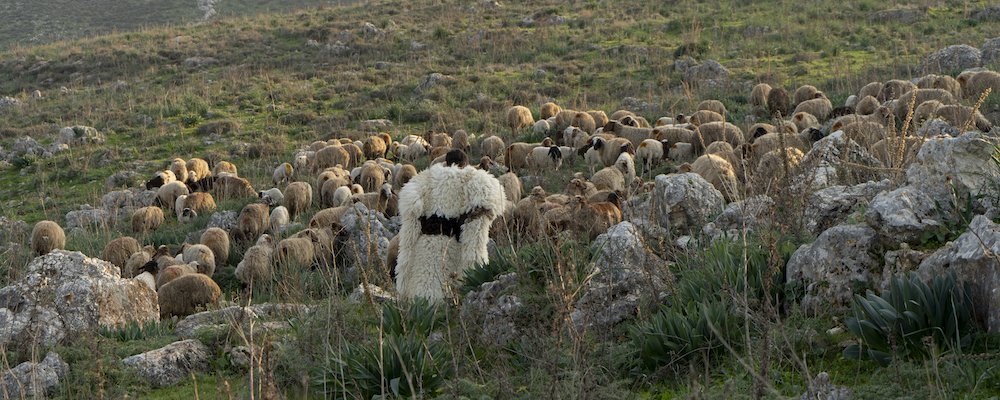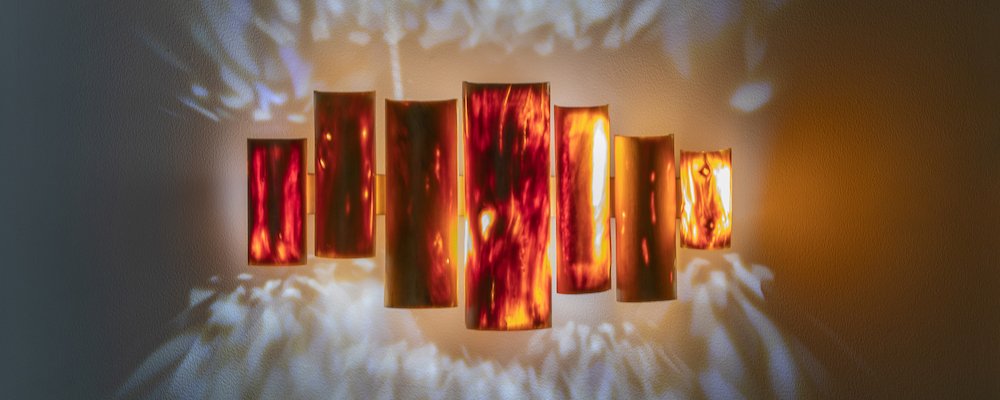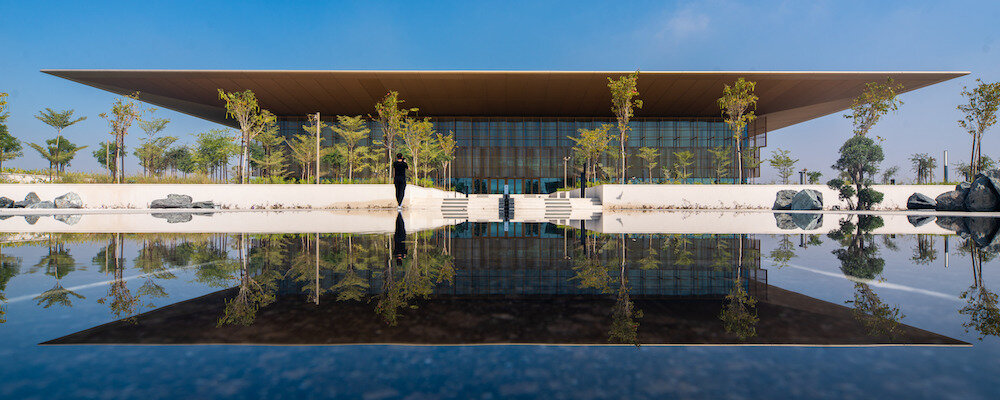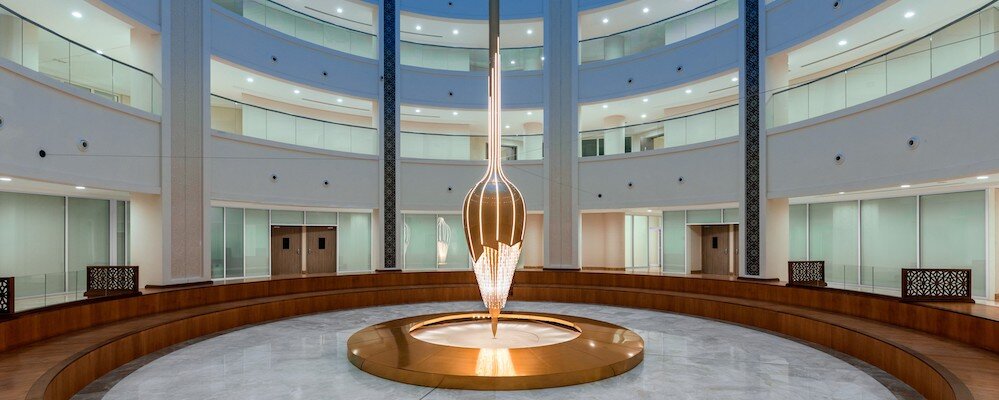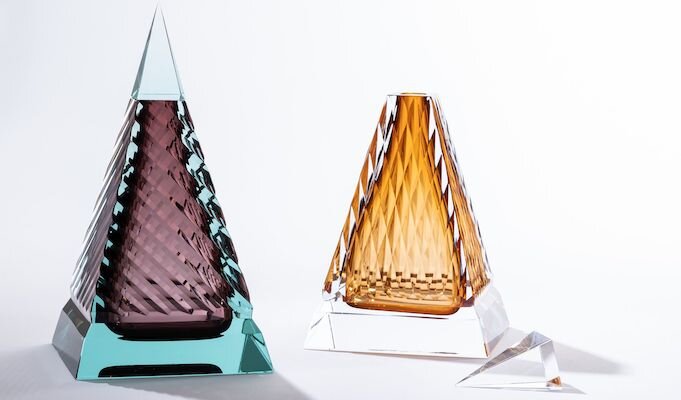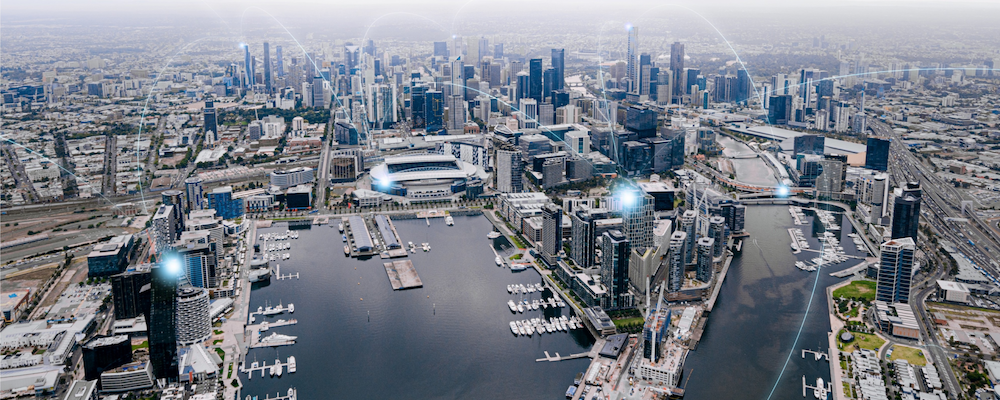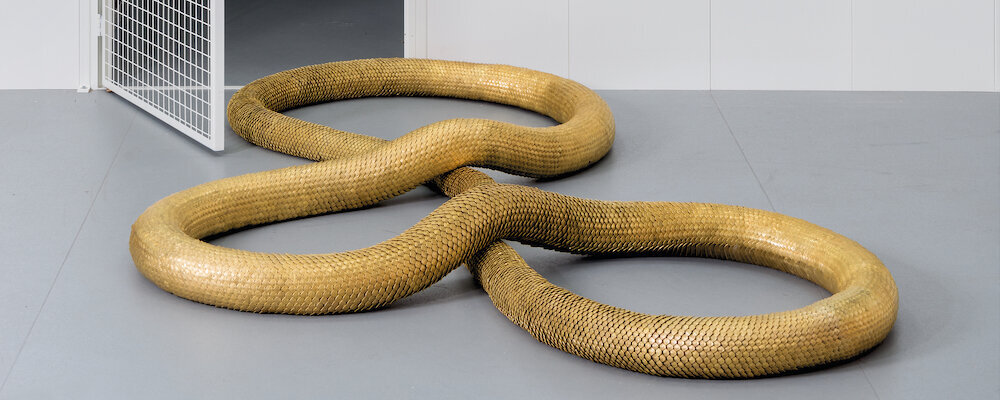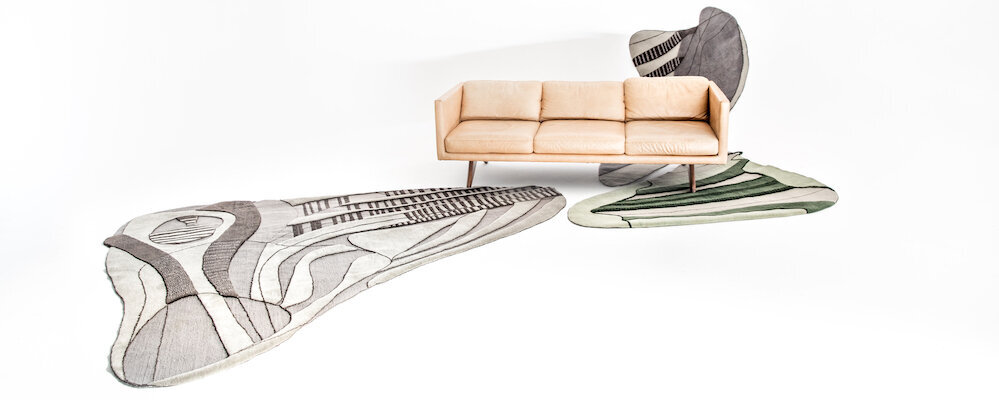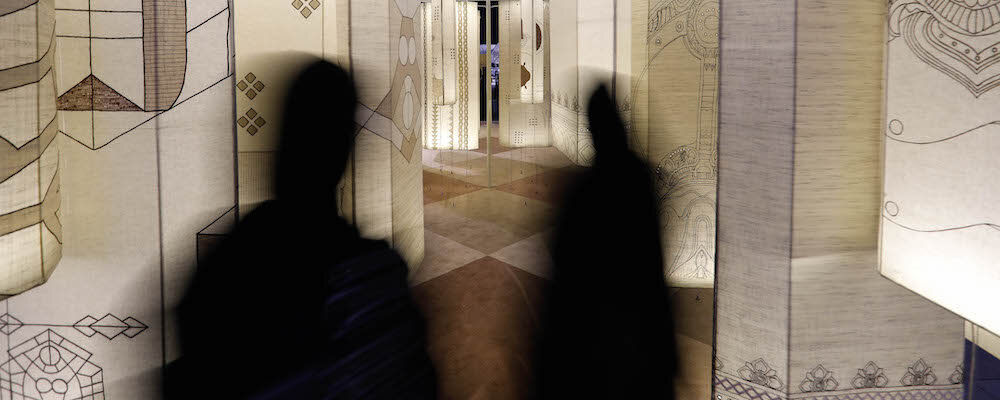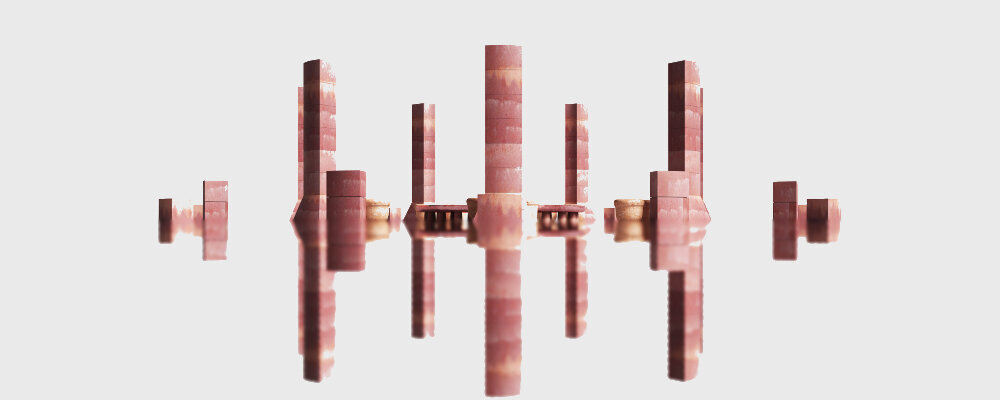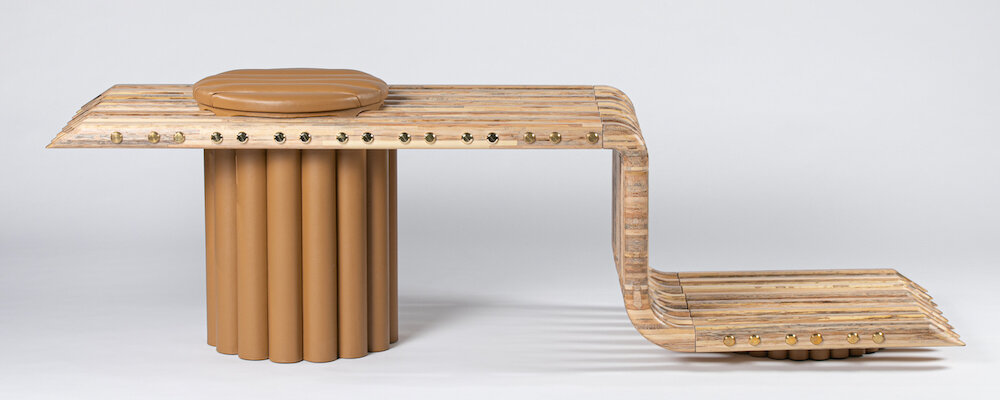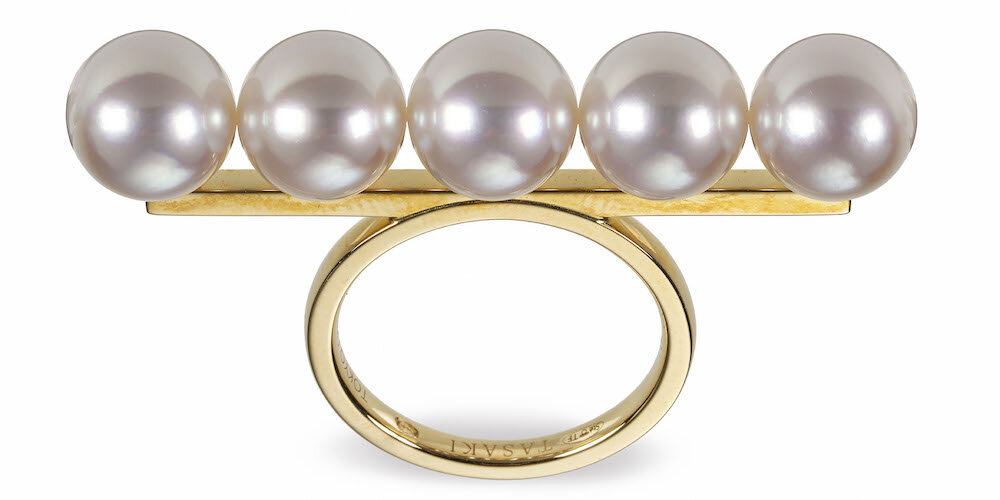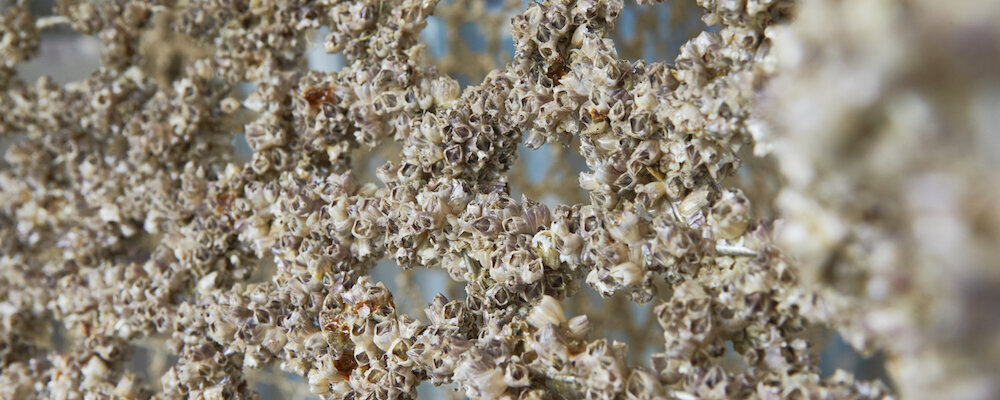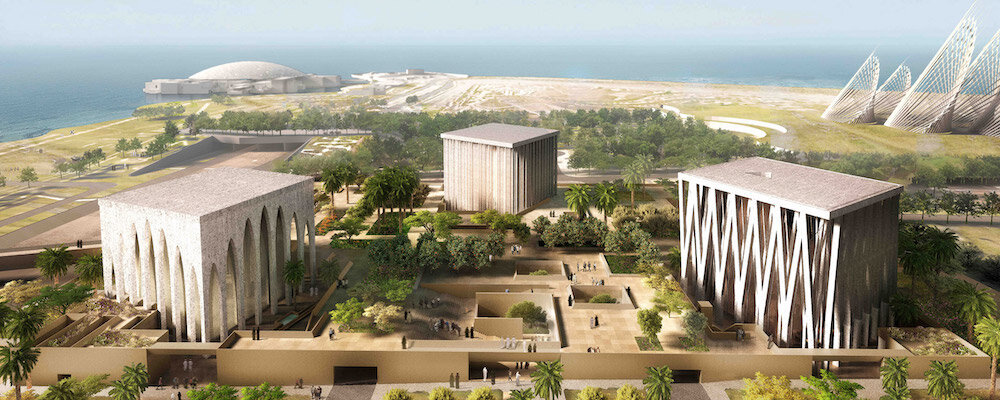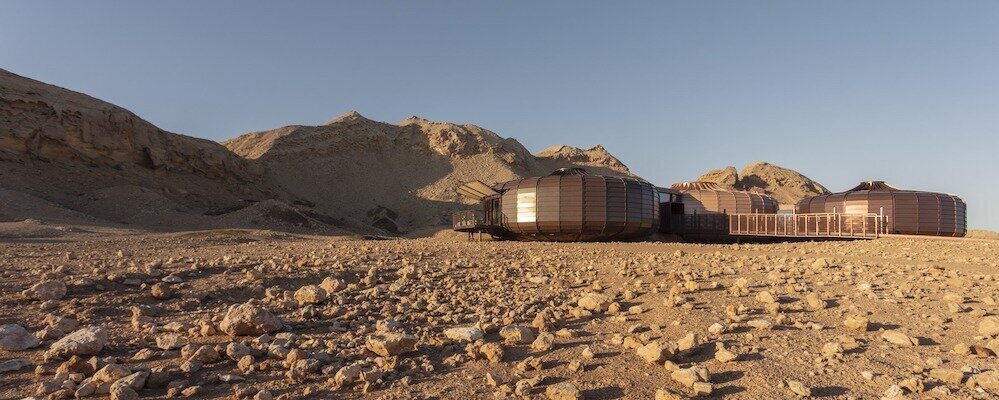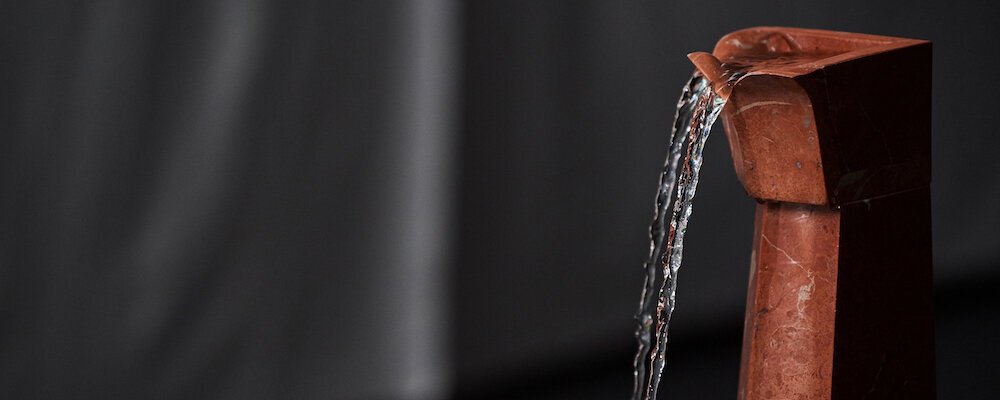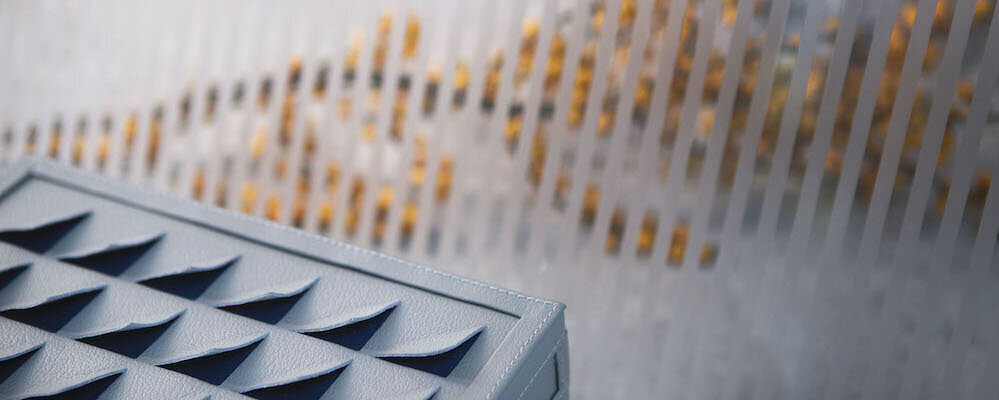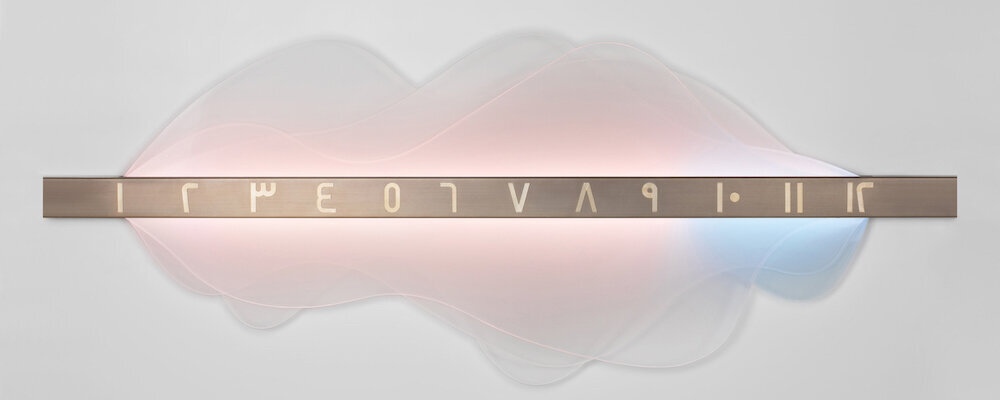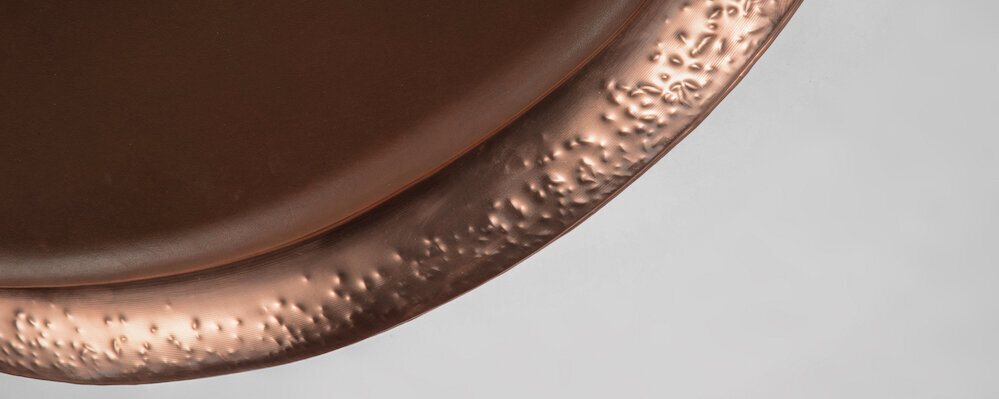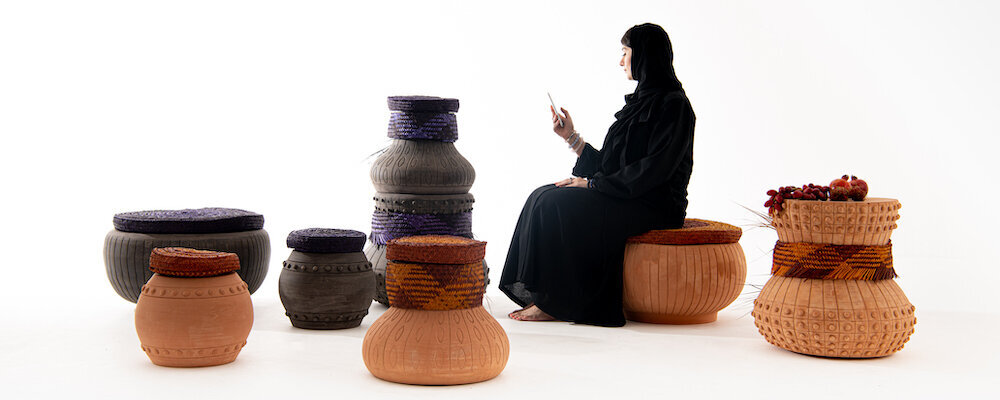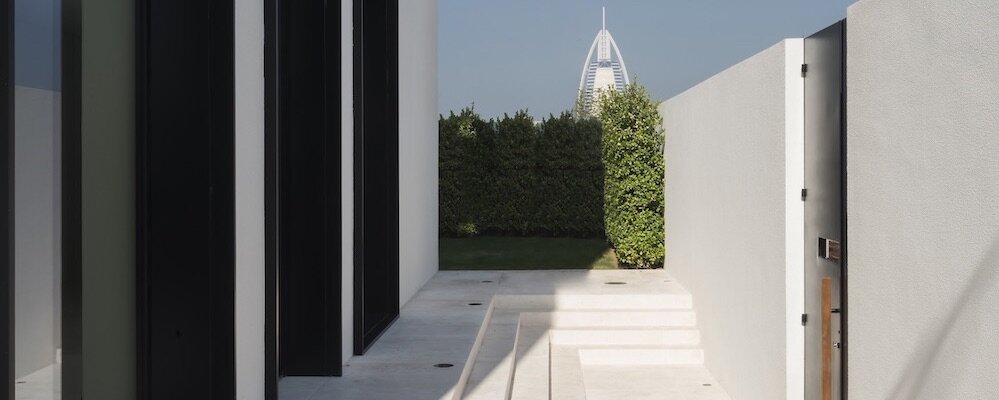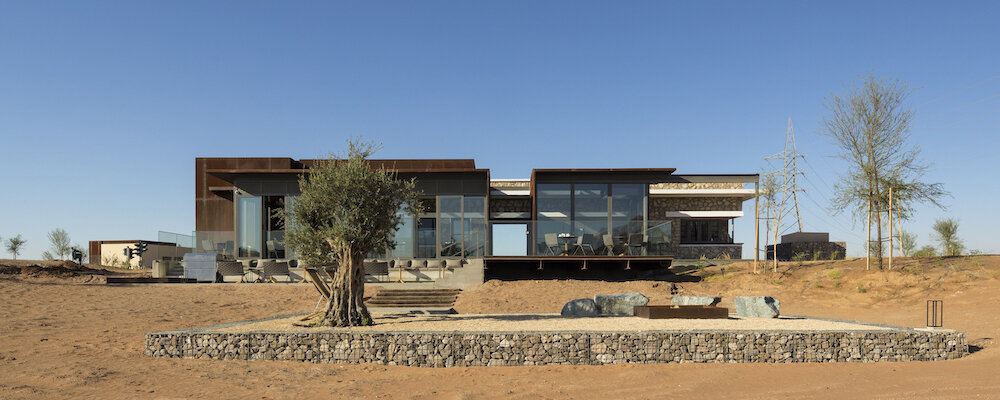'Please Sit Here' By American Hardwood Export Council
At Dubai Design Week, ‘Please Sit Here’ has been conceived as a response to the reduction in our freedom and the need for behavioural change brought about by the COVID-19 pandemic. Aljoud Lootah, Khalid Shafar and Hamad Khoory were challenged to Develop Socially Distanced Outdoor Seating.
Social distancing has begun to dominate the way we live and the decisions we make. While incredibly important in the fight against the spread of the virus, it also curbs our freedom of choice and forces us to behave in an unnatural way. People are social by nature and regulations that inhibit normal social behaviour do not come naturally.
The project draws inspiration from the American Hardwood Export Council’s (AHEC) many high-profile and ambitious collaborations to date, in the UAE and also in the world. These projects have included multiple design teams, imaginative briefs, innovative designs and the very best of wood craftsmanship, to celebrate the beauty, performance and sustainability of American hardwoods.
Three Emirati designers - Aljoud Lootah, Khalid Shafar, Hamad Khoory and their teams – have been invited by AHEC to design and develop a hardwood bench for outdoor use in a public space. The bench will be designed in such a way that people who sit on it are forced to separate by the current social distancing minimum of 2 metres. This will negate the need for warning signs and allow for people to sit in a relaxed way without having to think about whether they are too close to the next person. However, the design of the bench will also allow for conversion to accommodate more people, closer together, as and when the time comes for social distancing regulations to be relaxed. This will ensure that the benches retain a legacy as functional public seating in the future.
Each designer will be selecting from three American hardwood species (a single species or a combination), which are maple, red oak and tulipwood. Together, these three species account for over 45% of the eastern hardwood forests of the USA, one of the largest and most sustainable hardwood resources in the world.
‘Jalees’ bench by Aljoud Lootah
Because these benches will be for outdoor use, both the American maple, red oak and tulipwood will be thermally-modified, involving high heat in a vacuum, carried out after normal kiln drying. Thermally-modified timber (TMT) is ideal for outdoor use, as it has both increased durability and dimensional stability.
‘Wahda’ bench by Hamad Khoory
Thermally-modified American hardwoods are suitable for applications such as cladding, decking and shading structures, as well as in outdoor furniture and their environmental impact is extremely low. While this material is not yet used widely in the Middle East, it has so much to offer as a natural and low-environmental impact alternative to many other wood and non-wood products.
As with all of AHEC’s collaborative projects, data during manufacturing will be collected in order to calculate the environmental impact of each of the finished benches.
‘Pop Up’ by Khalid Shafar
AHEC will use forest resource data and its unique Life Cycle Assessment (LCA) research and modelling system to demonstrate the rapid replacement rate of the American hardwoods used to make the benches, as well as their low carbon footprint. The manufacturing took place in the UAE.
Pictures by Natelee Cocks.











